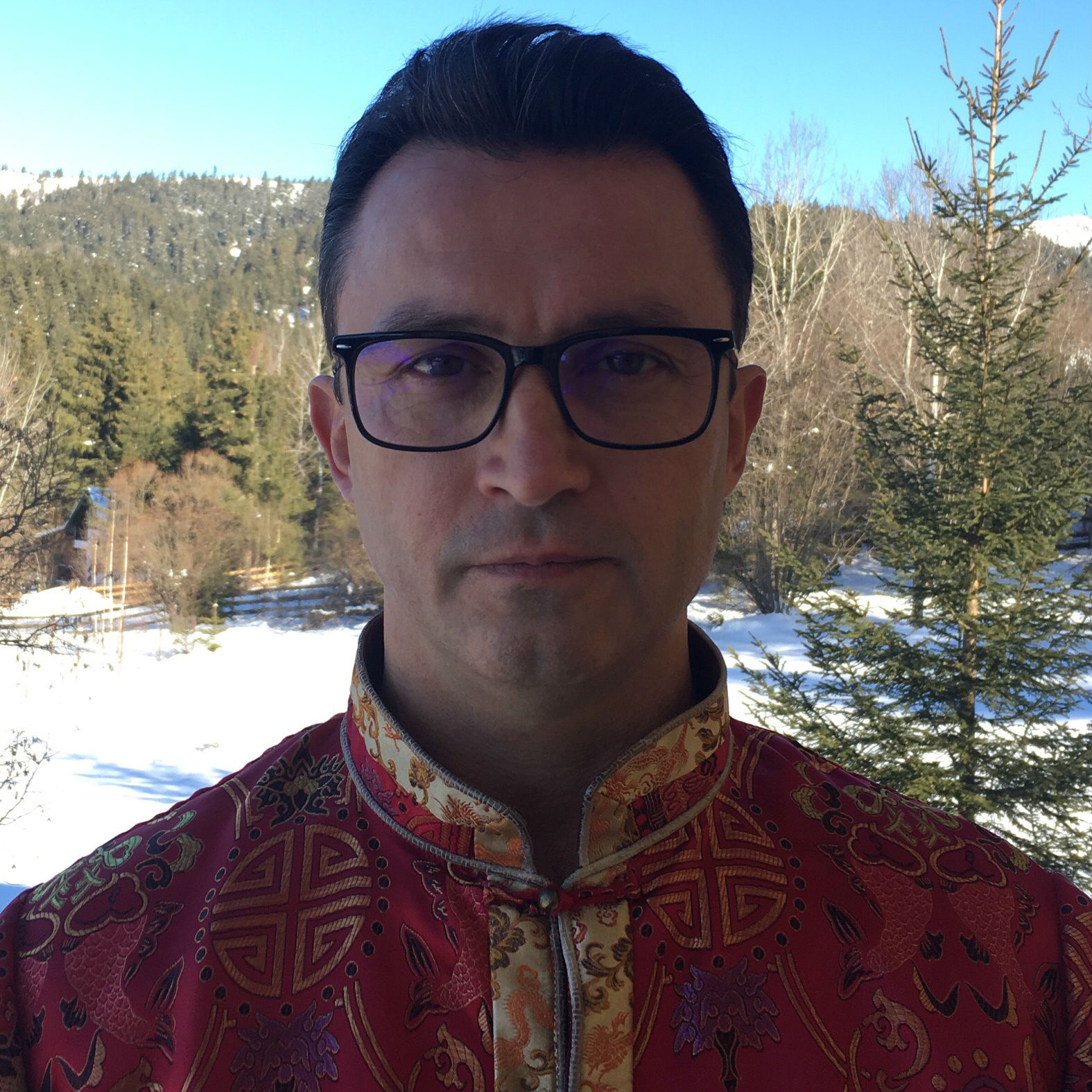
The Sowa Rigpa method that we are teaching is adapted to the needs and possibilities of the practice of modern people.
Essentially, this teaching shows us that in the initial state of being, a primary balance reigns, a universal harmony, a pure state, beyond any concept or conditioning at all levels (may those be physical, emotional or spiritual). This state of perfect health is called Rigpa.
Sowa Rigpa includes the teachings which revigorate the primordial health condition, similar to Illumination.
In order to achieve this through Sowa Rigpa, we need to assimilate the three categories of essential teachings:
1. Accessing our previous lives for a deeper self-awareness and healing the accumulated traumas (this method enables us to live again the birth trauma of this life and heal it).
2. Purifying the subtle elements which form the human body (includes stress management techniques, the transformation of negative energies into positive ones and healing our etheric body, both mentally and emotionally).
3. Raising your consciousness level by chanting various mantras and using traditional meditation techniques.
The adapted Sowa Rigpa method is a spiritual path that will enlighten your soul and guide you through life. It is a spiritual school where you can gradually rediscover your true nature and you can receive the knowledge that enables you to help other people as well.
SOWA RIGPA Healing Technique
Sowa Rigpa is a compound word. Sowa means healing, revival and Rigpa means conscience. In this interpretation, Sowa Rigpa is the science of healing the conscience which is manifesting at all levels of our existence. This oriental philosophy teaches us that the healing of human being cannot be separated from his spiritual development.
The methods of spiritual development contained in this art of healing are part of ancestral knowledge and they are passed over by maintaining its traditional values. In Sowa Rigpa, the science of meditation and the art of healing are adapted to the necessities of contemporary people.